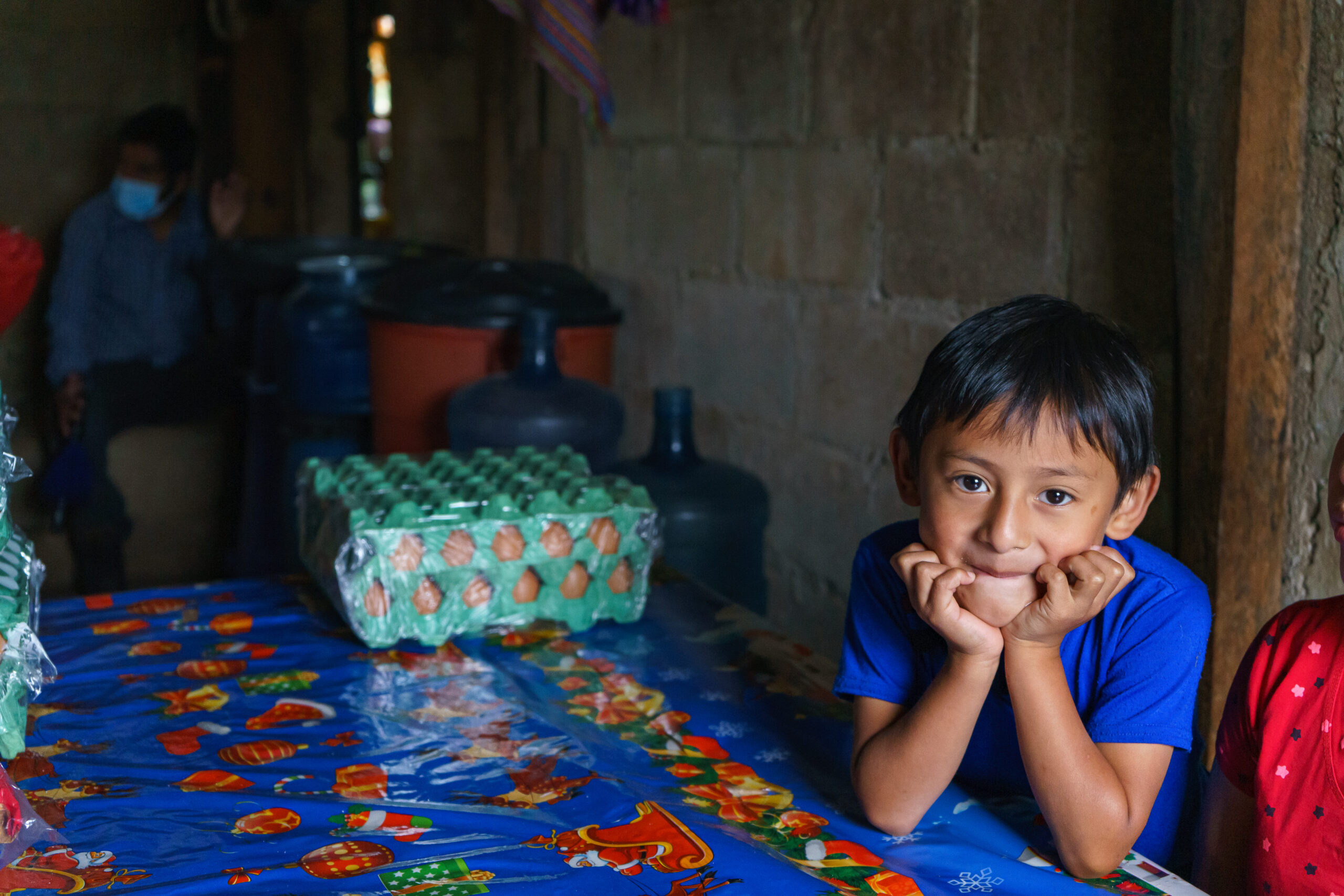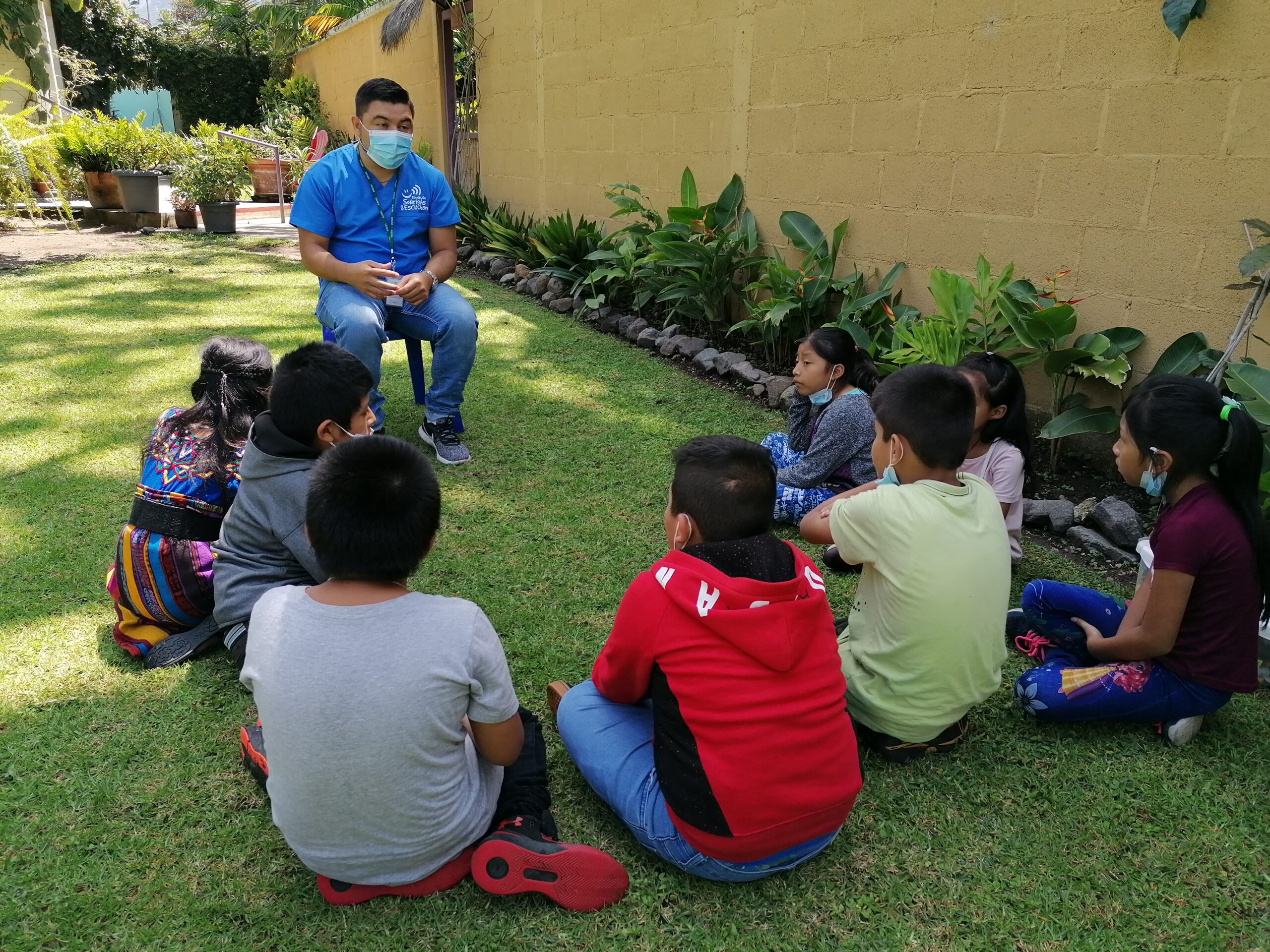Health Program
Healthy Food
“Children are entitled to the best health care, clean drinking water, healthy food, and to live in a safe and hygienic environment. All adults and children should understand the basic knowledge to ensure their own safety and health.”
Convention on the Rights of the Child. Article 24
Does malnutrition of children in Guatemala affect their education?

In Guatemala, the health situation is uneven, showing worse indicators in areas with the largest indigenous, rural and poor populations. Maternal mortality is 2.2 times higher in the indigenous population than in the non-indigenous. Chronic malnutrition in children under 5 years of age is 1.8 times higher in indigenous people than in non-indigenous (OMS).
The situation of children in Guatemala is not good. We have a 3.4% infant mortality rate. Our main problem is chronic malnutrition. The main causes of infant mortality are pneumonia and acute diarrheal diseases and 54% of these diseases are associated with some degree of malnutrition. It is the basic problem of childhood, which has many consequences and perpetuates the entire cycle of poverty. School dropouts are very high and largely not due to a lack of opportunities, but rather to the consequences of malnutrition: children’s ability to concentrate decreases and they end up dropping out of school. In Guatemala, 49.8% of children suffer from chronic malnutrition, that is, 1 in 2. It is the first place in Latin America and the sixth in the world in terms of child malnutrition (UNICEF).
What is the plan?
Niños del Lago is finding ways to reinforce children’s health and full development through partnerships with other NGOs and private professionals. This is done through:
- Healthy meals and nutritious snacks.
- Nutrition and hygiene education for them and their families.
- Medical care.
Primarily these services have been offered to children who benefit from the Stay in School program depending on funds being available. (Data is being collected regarding these services in order to be able to grow this project and request funding for it.)

We work to ensure that all of our children receive nutritious foods for snacks and lunch during their tutoring classes. This approach ensures that they don’t arrive at school hungry, which not only meets their basic needs but also improves their ability to concentrate. By having the energy to learn, our students can better absorb knowledge and get the most out of their educational experience. This commitment to nutrition contributes significantly to creating an environment conducive to the learning and comprehensive development of our children.


